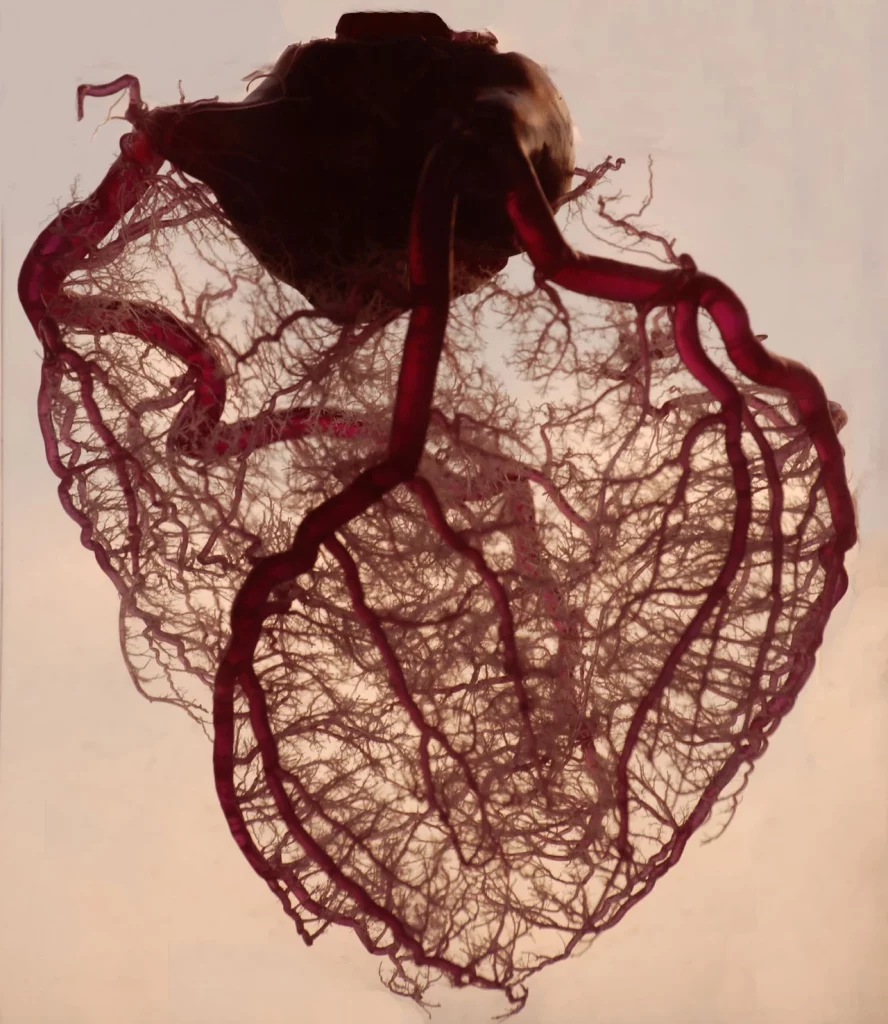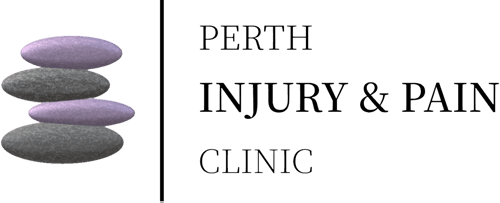Welcome to Worth-a-Word Wednesdays, where I review and summarise a study or article that I think provides some useful and interesting information. This week – Parkinsons disease and the Gut!
Article Title: Genetic Liability to Insomnia and Cardiovascular Disease Risk
This article was published by Larsson, S. C., & Markus, H. S. (2019). In Genetic Liability to Insomnia and Cardiovascular Disease Risk. Circulation, 140(9), 796-798.

People suffering from insomnia may have an increased risk of coronary artery disease, heart failure and stroke, according to new research in the American Heart Associati on’s journal Circulation.
Previous observational studies have found an association between insomnia, which affects up to 30% of the general population, and an increased risk of developing heart disease and stroke. These observational studies were unable to determine whether insomnia is a cause, or if it is just associated with them, explained Susanna Larsson, Ph.D., lead study author and associate professor of cardiovascular and nutritional epidemiology at Karolinska Institute in Stockholm, Sweden.

In this first-of-its-kind study on insomnia, Larsson and a colleague applied Mendelian randomization, a technique that uses genetic variants known to be connected with a potential risk factor, such as insomnia, to reduce bias in the results. The 1.3 million participants with or without heart disease and stroke were drawn from four major public studies and groups.
Researchers found genetic variants for insomnia were associated with significantly higher odds of coronary artery disease, heart failure and ischemic stroke — particularly large artery stroke, but not atrial fibrillation.
“It’s important to identify the underlying reason for insomnia and treat it,” Larsson said. “Sleep is a behaviour that can be changed by new habits and stress management.”
NOTE: This is not a substitute for independent professional advice. Nothing contained in this post is intended to be used as medical advice and it is not intended to be used to diagnose, treat, cure or prevent any disease, nor should it be used for therapeutic purposes or as a substitute for your own health professional’s advice. The editor of this post and the account owner do not accept any liability for any injury, loss or damage incurred by use of or reliance on the information provided on this post.

